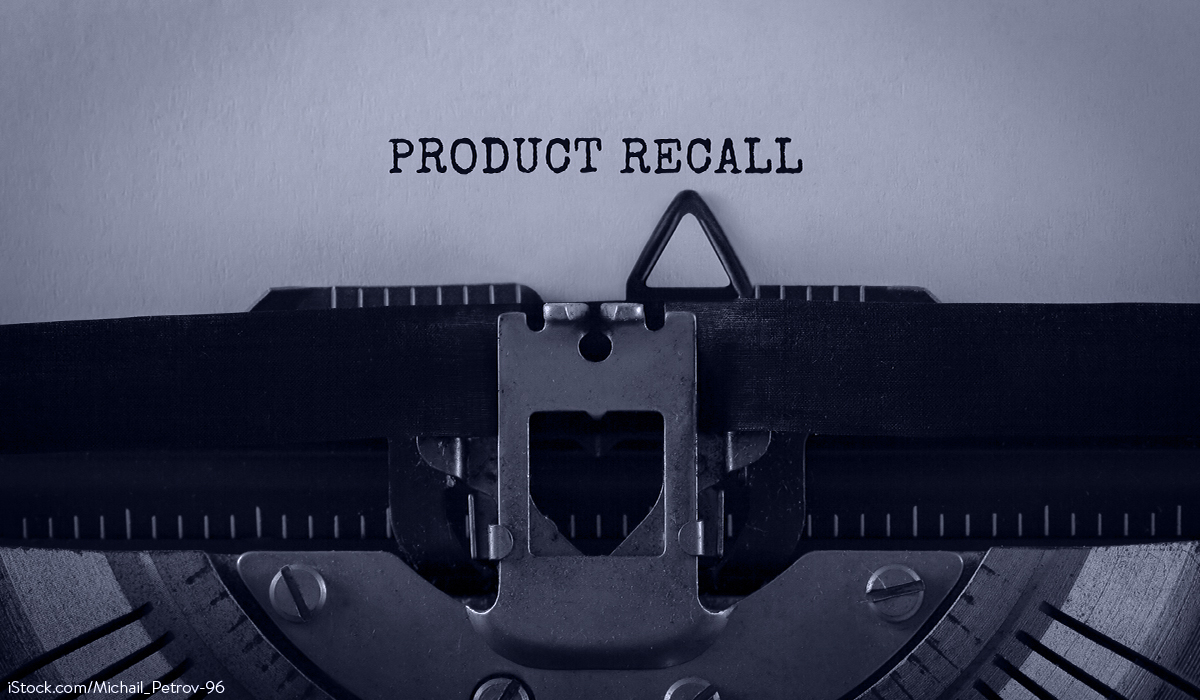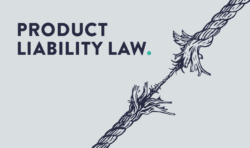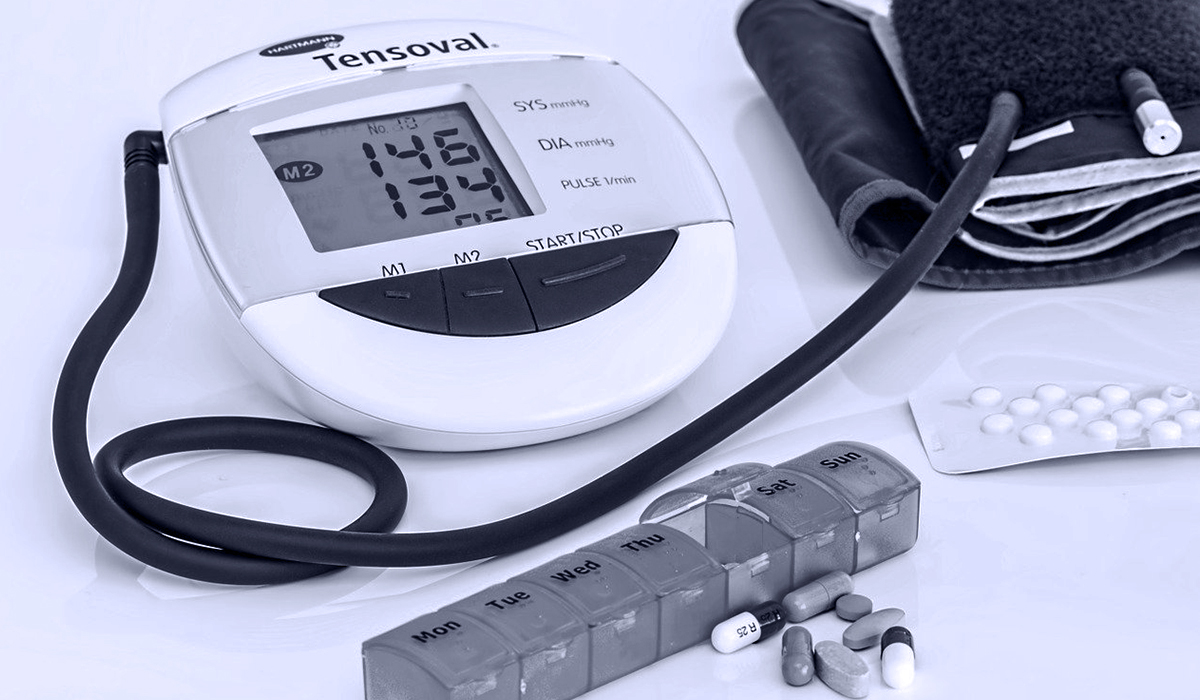This article describes the interplay from a Danish legal perspective between the product safety obligations of economic operators (cf. unter A.), and the possibilities for users of claiming defects and damages if products turn out to be dangerous and therefore necessitate safety measures (cf. under B.). Finally, the article provides for a short comparision with the legal situation Germany and an outlook to the new EU General Product Safety Regulation (cf. unter C.).
A. The obligation for economic operators concerning product safety under Danish Law
The Danish rules governing product safety are set out in the Danish Products and Market Surveillance Act (the Act), which entered into force on 1 July 2020 and supplements the EU Market Surveillance Regulation ((EU) 2019/1020). The act places obligations on manufacturers, distributors and importers, collectively referred to as “economic operators” to market only safe products and take appropriate action if a product is found to be unsafe.
Under the Act, economic operators must ensure that products meet specific requirements, and do not pose risks when properly installed and maintained and when used as intended or under reasonably foreseeable conditions. The relevant authority, primarily the Danish Safety Technology Authority, is authorised under section 14 of the Act to take enforcement measures against non-compliant economic operators, including by ordering economic operators to: warn users of product risks; remove misleading marketing; remedy non-compliance; halt product sales or distribution; withdraw products from the market; recall products; or destroy them.
The Act does not, however, account for the impact that the enforcement measures available to the Danish Safety Technology Authority may have on users who have purchased non-compliant products. Thus, the possibility of making a claim for defects in connection with e.g. a recall is a civil law matter, which is regulated by the general rules on tort liability and the Danish Sale of Goods Act.
B. Claims arising from safety measures under Danish Law
A product which is considered by the Danish Safety Technology Authority or by the economic operator to be potentially dangerous when used in the ordinary way will generally be deemed defective. This allows users to seek remedies available to both commercial transactions and consumer transactions under the Sale of Goods Act. Depending on the product and the specific defect, users may have a right to rectification, replacement delivery, a proportionate reduction in the purchase price, or a right to rescind the contract and demand a refund.
Even if the risk inherent in the product has not yet resulted in actual damage, it may still be considered defective and trigger remedies for defects, if the economic operator takes preventive measures under the Act, either voluntarily or by order of the Danish Safety Technology Authority. The mere existence of product-related risks or the temporary or permanent restriction of user access to the product due to safety measures may also constitute defects.
If the operator remedies the defect within reasonable time, users generally will not have further remedies under the Sale of Goods Act. However, the user may claim remedial cost reimbursement and potential compensation for losses caused by the defect. If the operator does not remedy the defect within reasonable time, the user will have further remedies, including the right to claim replacement delivery or rescission of the contract.
If the operator recalls the product, remedial actions become irrelevant. Instead, users may demand the delivery of a new, defect-free product or, for substantial defects, contract rescission and repayment of the purchase price. A recall which prevents safe product use is typically considered substantial, allowing users to exercise their rights to rescission and repayment. If a defect causes harm or loss to the user, such as business disruption due to product dependence, users may also be entitled to damages under the Sale of Goods Act. For the user to claim damages, the product must not only be defective; requirements as to causal connection and foreseeability must also be satisfied, and the user must also produce evidence of the loss.
I. Time limits for claims
Claims for defects encompassed by the Sale of Goods Act are subject to the ordinary statutory time limitation of two years. However, for product safety issues, the general two-year limitation period does not apply when the Safety Technology Authority orders product recalls or destruction under Sec. 54 para. 2 and Sec. 83 para. 4 of the Act. This means that buyers of recalled defective products can make claims even after the two-year limitation period expires.
Importantly, this extended limitation period only applies to recalls and destruction orders, not to orders for remedy or withdrawal, where the 2-year limitation period continues to apply. Furthermore, the extended limitation period does not apply where the economic operator has recalled a product on ots own initiative. Therefore, economic operators are encouraged to take effective voluntary measures to prevent the limitation period from being extended.
By voluntarily taking the necessary action to avoid an identified risk, the operator can ensure that users will be barred from making claims for defects after 2 years. However, the Safety and Technology Authority may still intervene and issue an order against the operator pursuant to the Act if the voluntary measures are deemed insufficient. In this case, the 2-year limitation period will cease to apply.
Any claim for defects or damages remain subject to the general limitation rules outlined in the Limitation Act, under which the ordinary limitation period is three years from the time the damage occurred. However, since users may not become aware of defects or claims until notified by the economic operator or the Authority, the limitation period often only begins when the user becomes aware of the issue.
II. Conclusion
The interplay between the Act and the Danish Sale of Goods Act creates strong incentives for economic operators to take effective, voluntary measures to ensure product safety and avoid orders from the Safety and Technology Authority. In addition to satisfying public interest in harm prevention in general, such voluntary measures will reduce the likelihood of claims for defects and payment of damages, and make cost and resource management easier.
C. Comparison to the legal situation in Germany and general outlook
Also under German law products with safety issues are defective so the respective buyer has claims for defects under the purchase contract. Under German law, though, a product recall ordered by the competent authorities has no effect on the limitation period of contractual claims for defects, so the limitation period of two years from the delivery of the product remains unchanged.
In this context, it has to be pointed out that consumers will be granted new claims for remedy under the future EU Regulation on General Product Safety (Regulation (EU) 2023/988). Under Art. 37 of this Regulation the economic operator responsible for the product safety recall will have to offer the consumer certain cost-free remedies. Under this new product safety regime the consumer will have the choice between at least two of the following three remedies: repair of the recalled product, replacement of the recalled product with a safe one or a refund of the value of the recalled product which shall be at least equal to the price paid by the consumer. According to the current version of this regulation, such claims for remedy after a recall will not become time-barred. Therefore, under future European product safety law, consumers will have a new option to claim remedies in case of product safety recalls.
Produktkanzlei has a broad network of international cooperation partners. This article was written by Jakob Dahl Mikkelsen and Anne-Sophie Kofoed Rasmussen from the leading Danish law firm Kromann Reumert, with whom we have been cooperating on product law issues in Denmark for many years. You can reach out to Jakob Dahl Mikkelsen and Anne-Sophie Kofoed Rasmussen with the following contact details:









